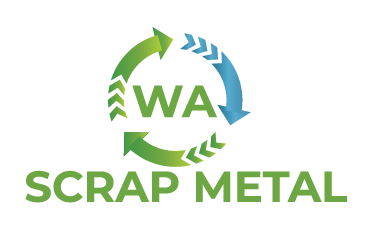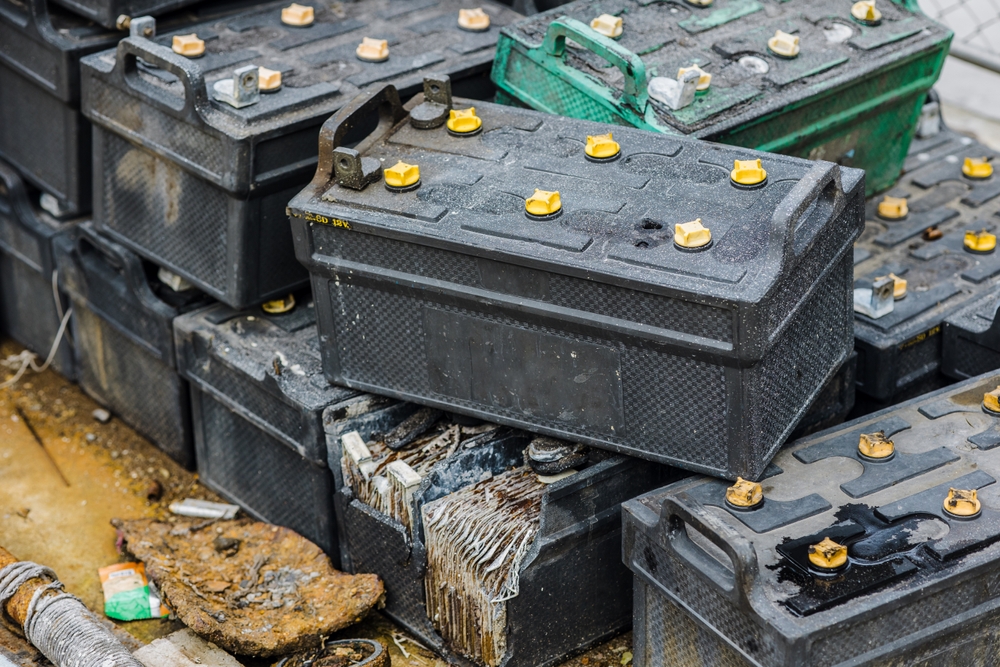Recycle Those Batteries! Your Guide to Scrap Battery Recycling (2024)
This is the age of the battery. As more batteries are made and eventually discarded, the need for battery recycling continues to grow. However, as good and useful as they are, you will have to recycle your lithium battery at some point. This article will help you safely recycle these batteries.
Lithium and lithium-ion batteries power the world around us. The small and lightweight power sources make life much easier, including devices, toys, and tools that are much easier to transport.
What Should I Do Lithium Battery Recycling?
Lithium battery recycling in Australia is an ideal way to safely remove these batteries from your home or workshop. Occasionally, you may find a battery that is damaged. Some common types of damaged batteries include batteries that are:
- Cracks
- Dents, Punctures
- Crushing
- Swelling
- Bulging
- Leaking
If you find a battery that is not in the best of shapes, do NOT throw it away in your paper waste bin. Place damaged and leaking batteries in a plastic bag and take them to your nearest scrap dealer.
Note: Batteries that have been exposed to water should be treated the same way as damaged batteries.
How Are Lithium Primary Batteries and Lithium-Ion Batteries Different From Each Other?
The two types of lithium batteries have different purposes and properties. Here is what you need to know:
- Lithium primary batteries: These are usually used to power portable consumer devices like handheld games, watches, or children’s toys. These batteries are single-use and not rechargeable. These batteries can be deadly if swallowed by small children. Additionally, they pose a significant risk for fire because they contain large amounts of reactive lithium compounds. These batteries can ignite if they come in contact with water.
- Lithium-ion batteries: The lithium-ion batteries can be charged again and again. These batteries are larger than lithium primary batteries. Usually, these batteries power larger devices like laptops, cellular devices, and digital cameras. Exercise care around lithium-ion batteries as they can explode or start a fire.
Is Auto Battery Reclying Possible?
You can recycle lithium car batteries. Governments across the globe now mandate that these batteries be made so that it is easier to recycle lithium batteries made for electric vehicles. The recycling techniques used now make it possible to recover almost all of the raw materials used to make the batteries.
Frequently Asked Questions About Recycling Batteries
Benefits of Scrap Battery Recycling?
According to the Global Footprint Network, roughly 28 billion batteries are thrown away each and every. The metals and toxins present in these batteries will, in the end, ooze out into the soil and pollute the air, water, and earth, which is close. Keeping these materials out of landfills is a great benefit of recycling lithium batteries. Other benefits include:
- It saves energy that would be spent on refining new materials
- Conserves natural resources like minerals and metals
- Reduce production of greenhouse gasses
- Sustain the environment for future generations
- Create well-paying jobs in the recycling industry
- Recycled materials are used to make other products
Dos and Don’ts Regarding Recycling Lithium Batteries
Dos:
- Remove damaged or defective batteries from their devices. If it is unsafe to remove the batteries, recycle the whole unit
- Use an anti-static bag to store the batteries.
- Store the container in some place which is a cool and dry place to prevent the threat of ignition.
- Tape off exposed connectors
- Ensure the batteries are recycled at a certified recycling centre.
Don’ts:
- Do not put defective or damaged batteries in regular household waste
- Do not crush or puncture batteries as puncture can cause things to short-circuit
- Do not store batteries close to flammable materials
- Do not expose these batteries to water or very damp conditions
- Do not store the lithium or lithium-ion batteries in massive quantities
How to Dispose of Lithium Batteries
Now, the next question that comes to mind after going over the benefits is exactly how to do it. In order to recycle lithium batteries, you need to gather and separate types of materials for recycling. From there, you can take your batteries to a scrap metal business that accepts them, like WA Scrap Metal, or reach out to us to try to arrange a collection. If you recycle with WA Scrap Metal, you can even get cash for your scrap.
Remember, you should never put any kind of batteries in your waste bin at home. Keep them separate from other rubbish you have accumulated, and apply a thin piece of sticky tape around the terminals of the batteries to prevent fires.
Conclusion about battery recycling in Australia
There are many reasons to recycle batteries. First and foremost of course, you can get paid. You can bring in your battery to companies that have expertise in recycling, such as WA Scrap Metal.
The metals and mining industry in huge in Western Australia. The recycling industry is also well developed. Recycling is so much better than letting out potentially toxic materials into open land fills.
Lastly, because the need for batteries is growing the more we recycle the more we take the pressure off of the limited supply of natural raw materials that are needed to make these batteries which end up powering up our lifestyles.


